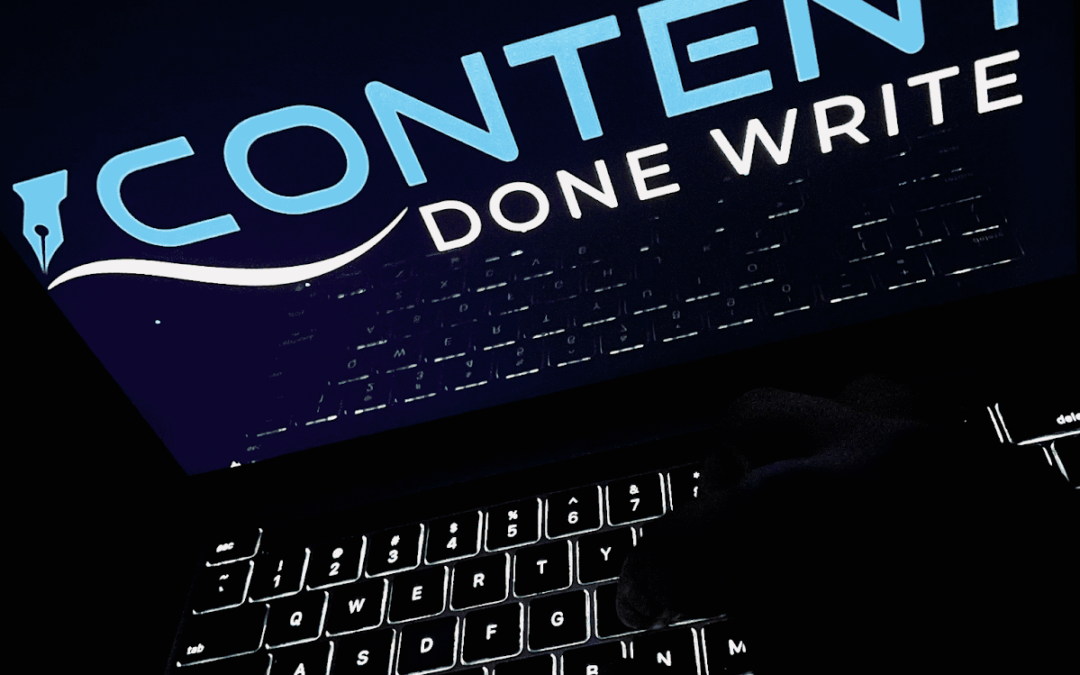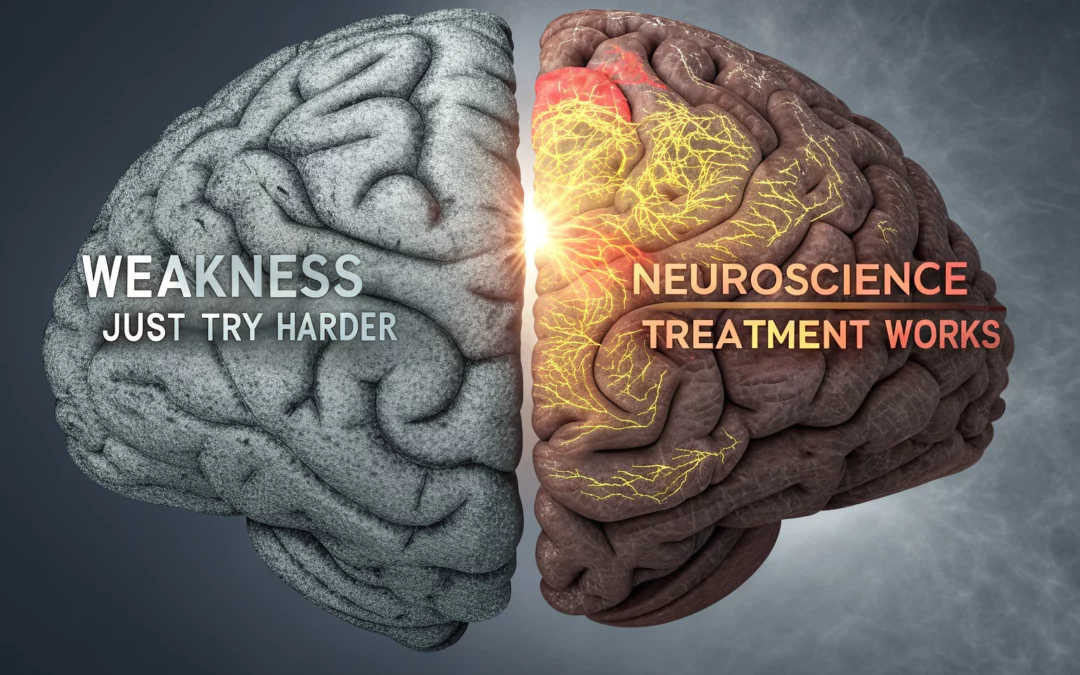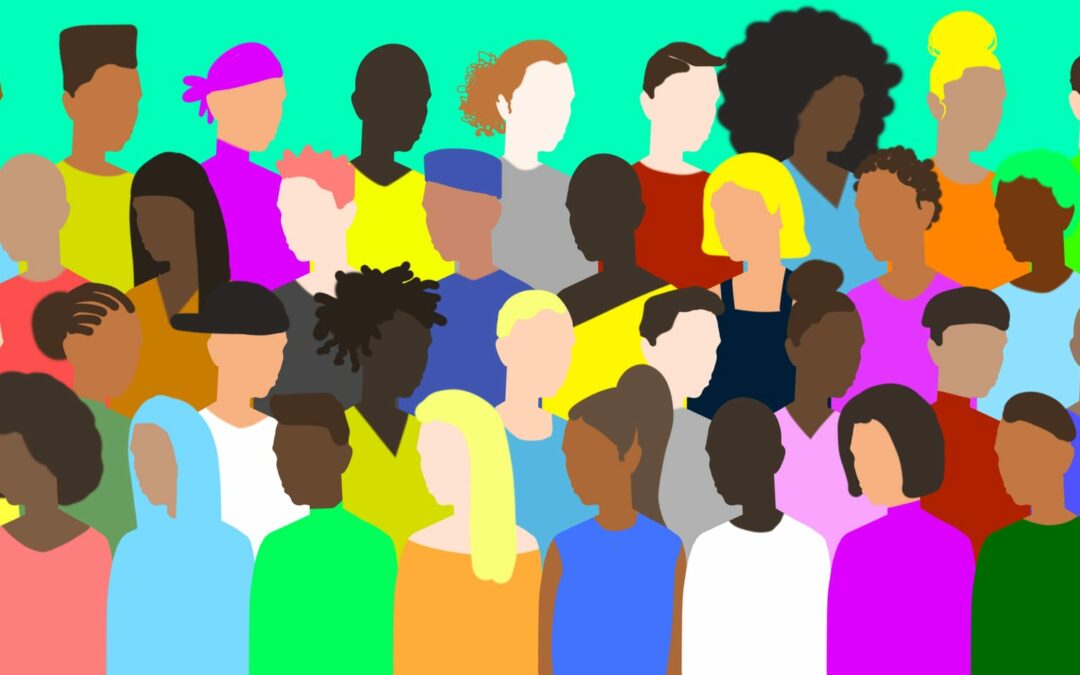
Your One-Stop Solution for Tailored Mental Health and Substance Misuse Content
I want to introduce Content Done Write, your go-to destination for unique and original content tailored specifically for the mental health and substance misuse communities and the providers who support them. https://youtu.be/yCrC7X_sDoQ Reliable Information at Your...

Debunking Mental Health Myths: A Leadership Approach to Content
What if everything you thought you knew about mental health was wrong? For years, society has recycled the same damaging mental health myths: “Mental illness is a weakness.” “Addiction is just bad choices.” “Therapy is only for people with serious problems.” But...

A Practical Guide to Preventing Burnout and Thriving as a Therapist
Did you know 52% of mental health practitioners reported burnout last year? Even more alarming, 29% are currently feeling the weight of burnout. You're not alone in this struggle. Globally, burnout prevalence among psychotherapists ranges from 6% to about 54%. A...

Useful Strategies for Successful Mental Health Marketing Campaigns
With one in four people facing mental health issues, your marketing could be a lifeline. Learn to craft campaigns that build hope, not just awareness. Learn to turn readers into clients. Connect with them on a personal level and meet them where they are. Set clear...

Empowering Women Navigating Their Mental Health and Addiction Recovery in the Era of Self-Care
Commemorating International Women’s Day 2024 Women, you are the weavers of dreams You are the moon that lights up the night The sun that warms the day The stars that guide us through the darkness The embodiment of God's feminine part A beacon of strength, beauty, and...

Embracing Trauma-Informed and Gender-Responsive Approaches for Integrated Dual Diagnosis Care
Dual diagnoses between mental health and substance misuse are complex and require a holistic approach. Over 40% of substance use disorder patients have co-occurring mental health conditions, leading to extended recovery periods, higher relapse rates, and lower quality of life. Integrated treatment involving a multidisciplinary team, personalized, trauma-informed care, and gender-responsive approaches is crucial for managing dual diagnoses effectively.

The Pivotal Role of Online Content in Shaping Perceptions and Engagement in Psychotherapy and Addiction Recovery Treatment
Online content is crucial in psychotherapy and substance misuse rehab services, providing insights and guidance for mental health and addiction recovery. Informative and compassionate content enhances understanding, engagement, and trust. Ethical approaches ensure confidentiality, up-to-date information, and respect for clients’ rights. Balanced content promotes recovery, upholds professional and ethical standards, and fosters a supportive online space.

Bridging the Gap for the Shattered but Not Broken: Addressing Mental Health Disparities in Underserved Communities
Mental health, an intricate facet of our overall well-being, often takes a backseat in our collective consciousness. This oversight is particularly glaring in underserved communities, where striking disparities in mental health care access, quality, and outcomes...

Unmasking the Unsaid: The Urgent Necessity of Self-Care for Mental Health Professionals
Mental health professionals face stressors like burnout, vicarious trauma, long working hours, and ethical dilemmas that impact their mental well-being. To address these challenges, they must develop self-care strategies, advocate for institutional changes, and prioritize their well-being. These strategies include maintaining a balanced diet, regular exercise, and sleep, addressing emotional responses, continuing professional development, and nurturing healthy relationships. By prioritizing self-care, mental health professionals can provide better care and contribute to the overall well-being of their profession.

Mastering Empathy in Therapy: Approaches, Challenges, and the Role of Technology
With a deep understanding of emotion comes the capacity for authentic connection. As therapists, cultivating empathy is pivotal in fostering trusting and therapeutic client relationships. But how can we ensure this skill translates into tangible results? It takes more than just feeling; it requires self-awareness, active listening, cultural competency, and awareness of ethical considerations like maintaining professional boundaries. By honing these elements, we can create safe spaces, even in the virtual realm, where empathy can effectively guide healing and growth. Embark on mastering empathy—rooted in compassion, openness, and genuine understanding.

